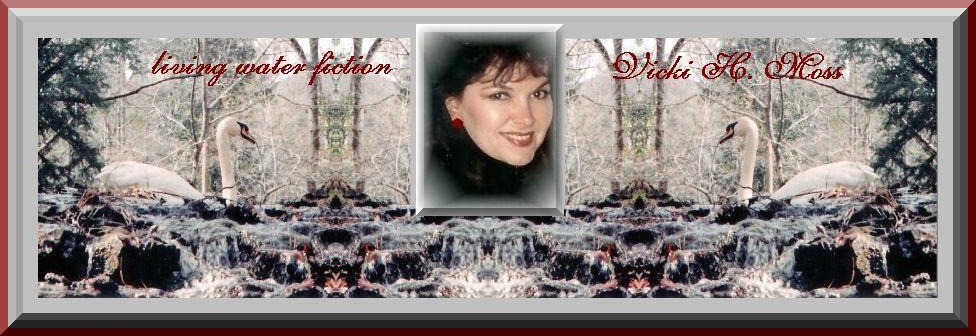Posted April 9, 2019
REMEMBERING ARETHA FRANKLIN
When I was a youngster, Aretha Franklin songs were a large part of my life. Especially her song "RESPECT" that captured the radio air waves.
I use to sashay around the house singing that song, pretending
I was the queen of soul with hand motions and lots of sass. I had a pretty good gig lip syncing the song as well and when my parents had friends or aunts and uncles over, they would
say, "Vicki, do Aretha's 'RESPECT!' I was good for a laugh. If only I had asked for cash for my performances, my 401K might be more impressive.
So, when the world lost the talented Aretha Franklin last year, all of those childhood memories came rushing in. When Rusty Wright sent me this press release, I was thrilled to know a movie about her life was forthcoming. I'll let Rusty give you the scoop:
Amazing Grace movie: recording Aretha Franklin's best-selling album
By Rusty Wright
After the Queen of Soul's 2018 death, her family released the long-mothballed 1972 documentary about recording her bestselling album at a Los Angeles church. Mick Jagger was in Aretha's church audience. Critics are raving. What's it all about?
Franklin spent two evenings in January 1972 at New Temple Missionary Baptist Church recording Gospel songs with a choir before a live audience. Anchored by the classic hymn, Amazing Grace, the sessions included her covers of Marvin Gaye's Wholy Holy and of Carole King's You've Got a Friend, comments from her pastor father, and plenty of lively audience reaction. She had returned to her roots, and the result was captivating.
Though legal and technical quagmires kept the Sydney Pollack-directed film in the can for decades, critical acclaim continued for Franklin's best-selling Amazing Grace audio album.
Heard it through the grapevine…
The late singer/songwriter/producer Marvin Gaye called the album "Aretha's singular masterpiece… her greatest work…The musicians I respect the most say the same thing."
Rolling Stone notes that album executive producer Jerry Wexler, an atheist, believed the album "relates to religious music in much the same way Michelangelo's Sistine Chapel relates to religious art. In terms of scope and depth, little else compares to its greatness."
The movie release has brought renewed praise. "Don't bother with tissues. Bring a towel," advised Pulitzer Prize winning New York Times critic Wesley Morris of the film's emotional impact. "Everybody deserves to have Aretha Franklin take them to the moon."
Satisfaction…?
Attendees at the 1972 recording/film session included Mick Jagger with Rolling Stones drummer Charlie Watts. Jagger recently recalled the event fondly to the Los Angeles Times: "…a really electrifying performance…raised the hair on the back of your neck...super-charged…a different Aretha…than I had experienced before."
"You were there," Jagger continued, "you were involved. Being there in a church, you're part of the experience - you're not just a member of an audience somehow. You're not in a posh seat sitting down, where you've paid your money and you're like 'OK, entertain me.' It was not that feeling. It was a very different vibe than a normal concert … I think I was singing along."
The film shows Jagger mouthing words and moving with the rhythm. "I'm really glad it's finally coming out to the world," he remarked of the film's release.
A world treasure
Filmmaker Spike Lee calls Amazing Grace "One of the greatest concerts ever put to film. …Aretha is one of the world's treasures…." "It's a spiritual, religious experience watching that," he told Deadline. "This film is historic...part of the story of America. The church."
Rev. William Barber II, a North Carolina pastor who spoke at Franklin's funeral, says, "Her voice could help you hear God's voice."
Lost and found
Of course, the hymn Amazing Grace has global popularity. Its special resonance among African-American communities is a fitting tribute to the song's origins. Penned by John Newton, an eighteenth-century British slave-trader-turned-pastor, it encapsulates his own tumultuous journey from oppression, confusion, and despair to faith.
"I once was lost, but now am found," wrote Newton about finding faith in Jesus after a storm at sea, "was blind, but now I see." Newton mentored parliamentarian William Wilberforce, who led a grueling 20-year legislative battle that outlawed the slave trade in the British empire.
Franklin's sonorous rendering of Gaye's Wholy Holy echoes similar timeless themes. The lyrics speak of believing in Jesus; the book he left us; and that believing and following it can help "conquer hate," "rock the world's foundation," and spread love.
Relevant to today's headlines?
Yes, by all means, see Amazing Grace. Let Aretha take you to the moon… and beyond.
www.Amazing-Grace-Movie.com Opens April 19
Rated G (USA)
Rusty Wright is an author and lecturer who has spoken on six continents. He holds Bachelor of Science (psychology) and Master of Theology degrees from Duke and Oxford universities, respectively. www.RustyWright.com
Comments anyone?
If you would like to comment or have questions about this article, email me
vmoss@livingwaterfiction.com

